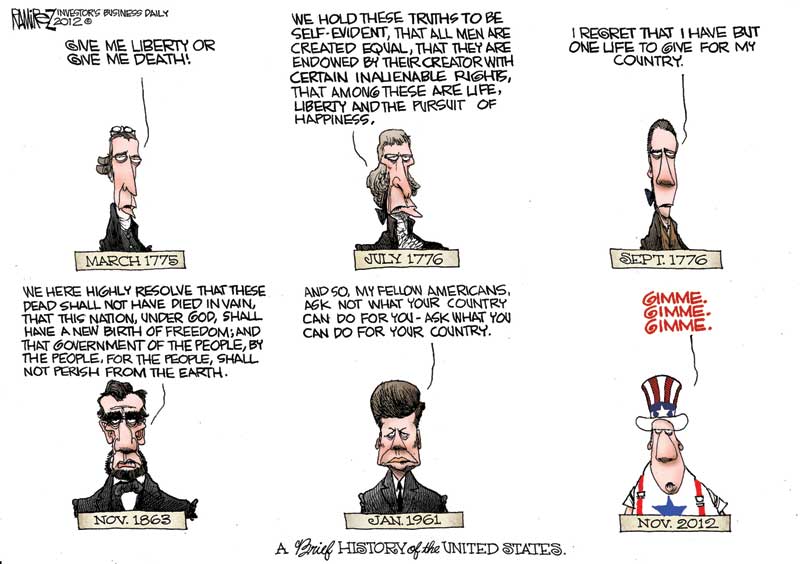Did Americans In 1776 Have British Accents?
Have you ever wondered if the Founding Fathers spoke with a British accent? I know I have. Well, here is the answer.
The typical English accent didn’t develop until after the Revolutionary War, so Americans actually speak proper English. Here comes the science.
Credit Nick Patrick for this well sourced info:
Reading David McCullough’s 1776, I found myself wondering: Did Americans in 1776 have British accents? If so, when did American accents diverge from British accents?
The answer surprised me.
I’d always assumed that Americans used to have accents similar to today’s British accents, and that American accents diverged after the Revolutionary War, while British accents remained more or less the same.
Americans in 1776 did have British accents, in that American accents and British accents hadn’t yet diverged. That’s not too surprising.
What’s surprising, though, is that those accents were much closer to today’s American accents than to today’s British accents. While both have changed over time, it’s actually British accents that have changed much more drastically since then.
First, let’s be clear: the terms “British accent” and “American accent” are oversimplifications; there were, and still are, innumerable constantly-evolving regional British and American accents. What most Americans think of as “the British accent” is the standardized Received Pronunciation, also known as “BBC English.”
While there are many differences between today’s British accents and today’s American accents, perhaps the most noticeable difference is rhotacism. While most American accents are rhotic, the standard British accent is non-rhotic. (Rhotic speakers pronounce the ‘R’ sound in the word “hard.” Non-rhotic speakers do not.)
So, what happened?
In 1776, both American accents and British accents were largely rhotic. It was around this time that non-rhotic speech took off in southern England, especially among the upper class. This “prestige” non-rhotic speech was standardized, and has been spreading in Britain ever since.
Most American accents, however, remained rhotic.
There are a few fascinating exceptions: New York and Boston accents became non-rhotic. Irish and Scottish accents are still rhotic.
If you’d like to learn more, this passage in The Cambridge History of the English Language is a good place to start.

